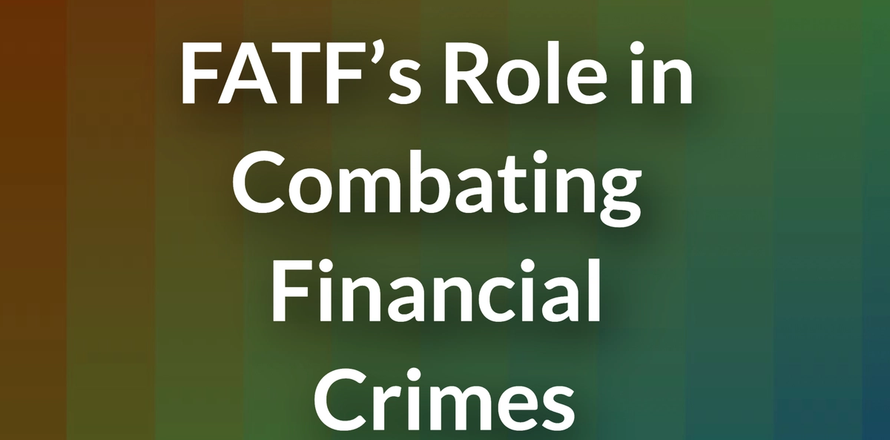Understanding FATF’s Role in Combating Financial Crimes

The Financial Action Task Force (FATF) stands as a pivotal global intergovernmental body dedicated to eradicating money laundering, terrorist financing, and other illicit financial activities. Founded in 1989 by the Group of Seven (G7) nations, FATF's primary mission revolves around crafting and advocating policies that effectively counter these financial crimes.
At the heart of FATF’s efforts are the FATF Recommendations—international standards designed to offer a robust framework for preventing, detecting, and mitigating money laundering and terrorist financing. These guidelines are continuously refined to keep pace with emerging threats and the evolving dynamics of the financial landscape.
FATF’s Recommendations encompass a broad spectrum of areas, including:
- Customer Due Diligence: Ensuring thorough verification of clients to prevent fraudulent activities.
- Record-Keeping: Maintaining detailed records to trace financial transactions.
- Suspicious Transaction Reporting: Mandating the reporting of any transactions that appear dubious.
- International Cooperation: Promoting collaboration among nations to tackle cross-border financial crimes.
- Regulation and Supervision: Overseeing financial institutions to ensure compliance with anti-money laundering (AML) and counter-terrorist financing (CTF) measures.
With over 200 member countries and jurisdictions, FATF's standards are globally recognized and implemented to foster a unified defense against financial malfeasance.
A critical function of FATF is conducting mutual evaluations of its members to assess adherence to its Recommendations. These evaluations identify areas needing improvement and foster accountability through peer reviews, ensuring that countries uphold robust AML and CTF frameworks.
Beyond setting standards, FATF is instrumental in fostering global cooperation. It facilitates the exchange of vital information among member states and collaborates with international organizations like the United Nations and the World Bank to strengthen the global fight against financial crimes.
In response to the digital age, FATF has expanded its focus to address new challenges, such as virtual assets and cryptocurrencies. By developing specific guidelines for virtual asset service providers, FATF aims to mitigate the risks associated with digital currencies. Additionally, FATF actively engages in efforts to prevent the financing of proliferation activities and the spread of weapons of mass destruction.
In summary, FATF plays an indispensable role in maintaining the integrity of the global financial system. Its comprehensive standards and proactive evaluations ensure that nations work cohesively to combat money laundering and terrorist financing, thereby safeguarding the global economy from illicit influences.